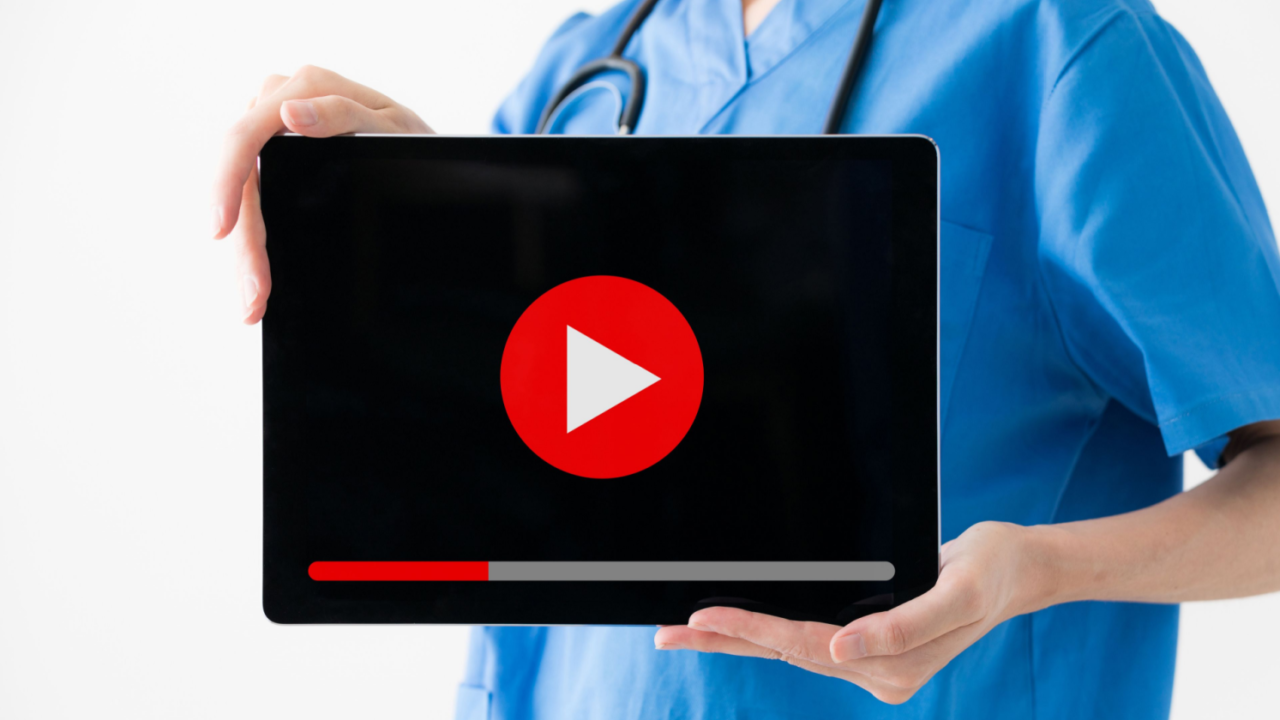DUOS expands AI capabilities to help seniors apply for assistance programs
It will complete and submit forms, and integrate with state benefit systems
Read more... It's not exactly breaking news to note that Gen Z is the most online generation: 54% spend at least four hours daily on social media, and many spend even more than that. In addition, 88% said they use YouTube, making it the generation’s most-used social platform.
It's not exactly breaking news to note that Gen Z is the most online generation: 54% spend at least four hours daily on social media, and many spend even more than that. In addition, 88% said they use YouTube, making it the generation’s most-used social platform.
So, essentially, if you want to grab their attention you do it through content, and perhaps no information is more important than that regarding their health and safety, which is why YouTube announced two expanded initiatives on Thursday to help with the spread healthcare content, specifically for those in underrepresented and under-resourced communities which, as the company points out, "historically have not always had a seat at the table when it comes to healthcare."
Part of that involves the launched THE-IQ Creator Program, which will support health professionals creating high quality health content highlighting underrepresented communities.
This is an expansion of THE-IQ, a program that tackles health equity through Information Quality. Launched in September of 2022, in partnership with Kaiser Family Foundation (KFF), THE-IQ conceptualizes and produces video series that examine health equity through the lens of the areas of focus of its three initial partners, The Loveland Foundation, National Birth Equity Collaborative and Satcher Health Leadership Institute: mental health, maternal health, and healthcare access.
Now, with the THE-IQ Creator Program, eligible creators in the US, Canada, UK and Brazil who apply through October 5 will be eligible to access workshops on YouTube best practices and video production, dedicated support from YouTube specialists, and up to $10,000 to assist with content creation.
The second part of YouTube's expanded health offerings is a collaboration with select health content creators to pilot AI-powered dubbing tool Aloud. This will help creators make videos in multiple languages which the company notes is "crucial for overcoming language barriers, especially in a healthcare context, yet can be labor intensive for creators."
To start, YouTube is working with Mass General Brigham, Osmosis from Elsevier, The Journal of the American Medical Association and Global Health Media Project to make their health content available in Spanish and Portuguese, though it will be available to more creators, and in languages, in the future.
While the YouTube Health team will work with clinicians to review translations, the company says that the creators will have ultimate control over their dubbed videos.
"At YouTube, we believe that information is a key determinant of health. People from all walks of life are turning to online spaces for support that reflects their needs; everything from resources about a new diagnosis or symptom, to understanding personal health journeys," the company wrote in a blog post.
"We’re taking important actions to address health information disparities, and remain committed to growing an accessible and equitable health content ecosystem on our platform for viewers and creators alike."
(Image source: searchenginejournal.com)
It will complete and submit forms, and integrate with state benefit systems
Read more...The bill would require a report on how these industries use AI to valuate homes and underwrite loans
Read more...The artists wrote an open letter accusing OpenAI of misleading and using them
Read more...